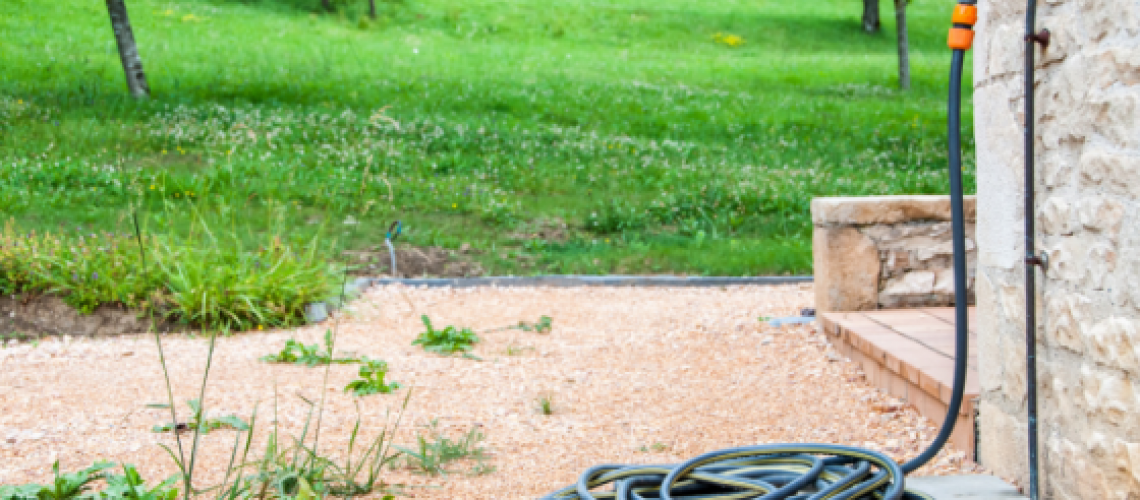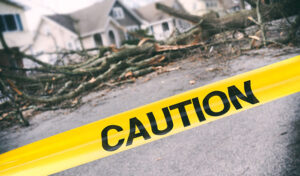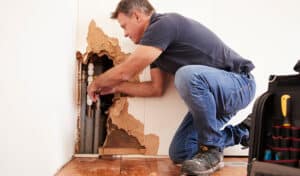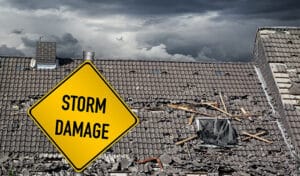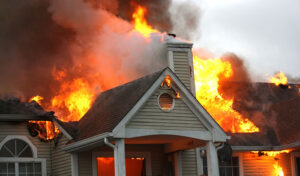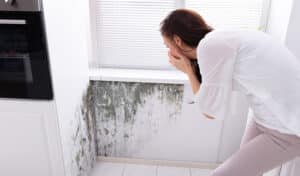Water damage in your home can be very costly, but it can also be avoided. Leaks and standing water are common culprits—do what you can do avoid these and keep your house safe from water damage. Water damage causes damage to your house in numerous ways, including mold growth and even structural damage.
Clean out Gutters and Downspouts Regularly.
Gutters can easily get filled up with leaves, grass, and other debris. When this happens, it can cause a blockage that can damage gutters and downspouts, and also stops your water flow. In some cases, it can even lead to busted pipes and water damage to your foundation. You can also keep your gutters clear when you maintain trees and vegetation surrounding your gutters and property. Keep your gutters clean to avoid this headache.
Be Familiar with your Water Main.
If there is any sign of water damage or flooding, you need to be able to access and turn off your water main as soon as possible. Know the location of yours and how to quickly turn it off, if needed. You should also shut it off if you are leaving town for an extended period.
Investigate and Fix Leaks Asap.
Never ignore moisture damage. Leaks will not go away and often only get worse. They can lead to mold growth and cause other damage to your home that can be costly. Water damage can even cause structural damage to your home, which is very difficult and expensive to repair.
Install Water Detections Devices.
A water detection device can help you avoid catastrophe. These small electronic devices sound an alarm when it senses excess moisture. Slow leaks can easily go unnoticed, but with a water detection device, you’ll catch the problem much sooner. Install these devices near sump pumps, washing machines, toilets, water heaters, dishwashers, and other water-related machines to prevent water damage and mold growth.
Keep an Eye on Your Water Pressure.
When water pressure is too high, pipes and hoses can burst. You should have a water pressure gauge to read where your water pressure is at. If you don’t have one, you can purchase a gauge at your local hardware store. A typical home’s water pressure should read between 40-70 psi.
Check Your Water Bill.
If your water bill is suspiciously high, it could be due water-leaking. If your water usage has stayed the same but your bill as inexplicably raised, it may be a leak somewhere.
Disconnect Hoses.
Standing water in hoses can easily freeze, which can create a blockage, or expanded and lead to busted pipes. This can mean damage to your walls, floors, and foundation. Disconnect your hoses and drain the water from them to protect your pipes and your hoses.
If you have experienced water damage, call the experts at RestoreMasters. We can help you recover your home from water damage and have you living in comfort again in no time.

